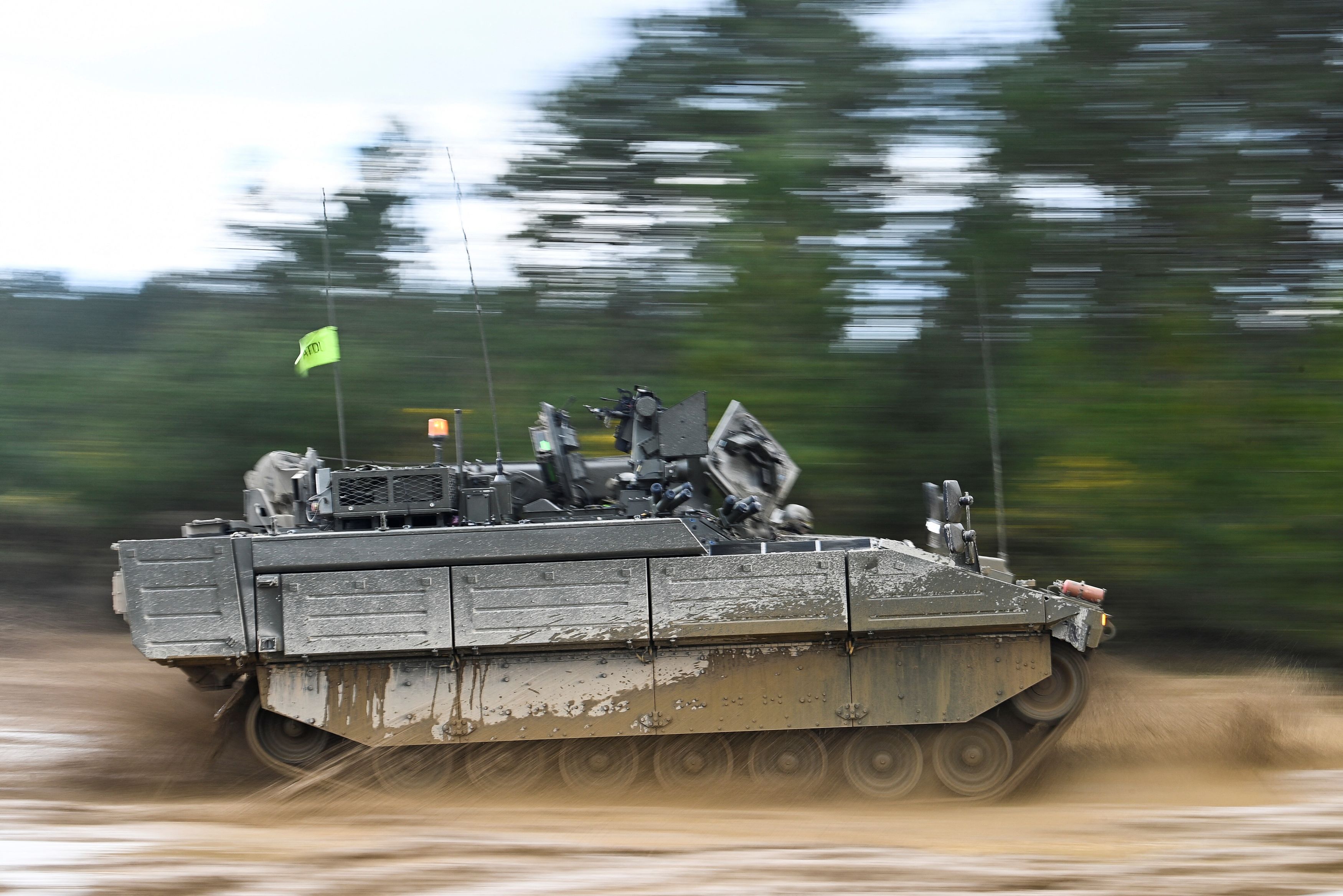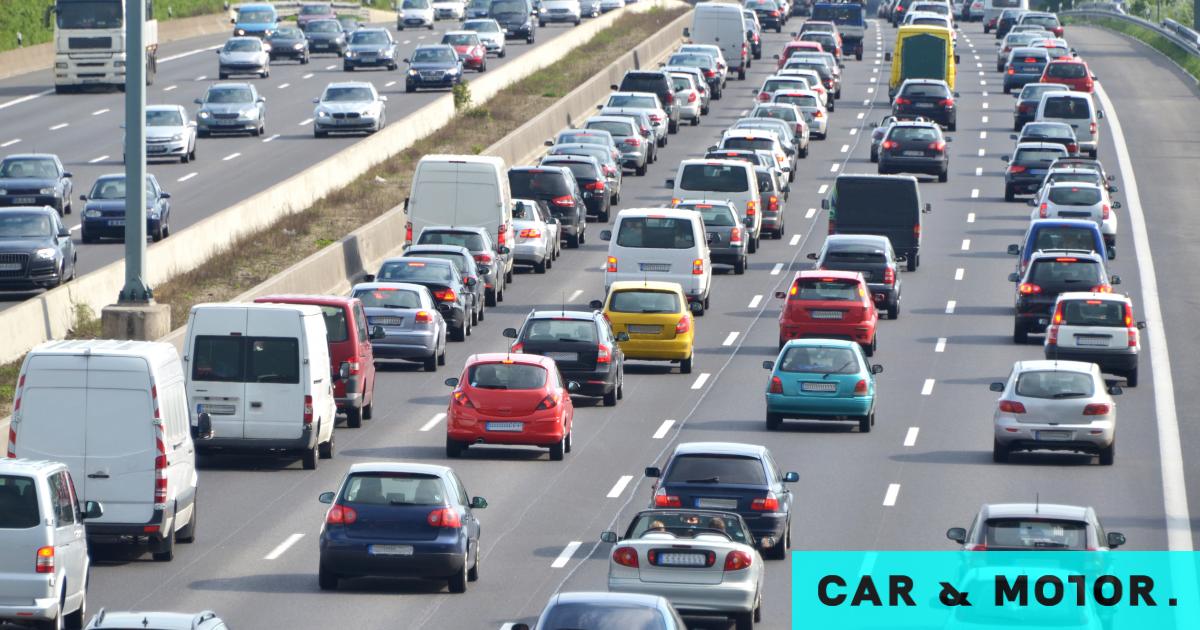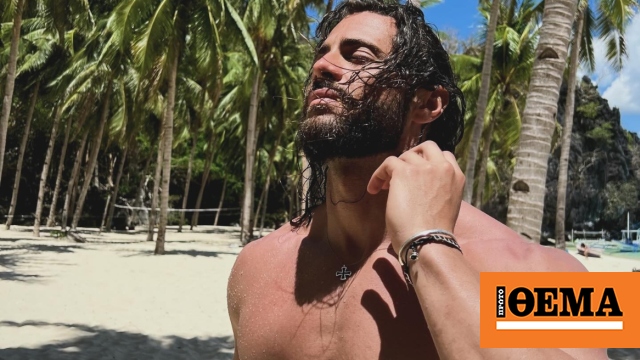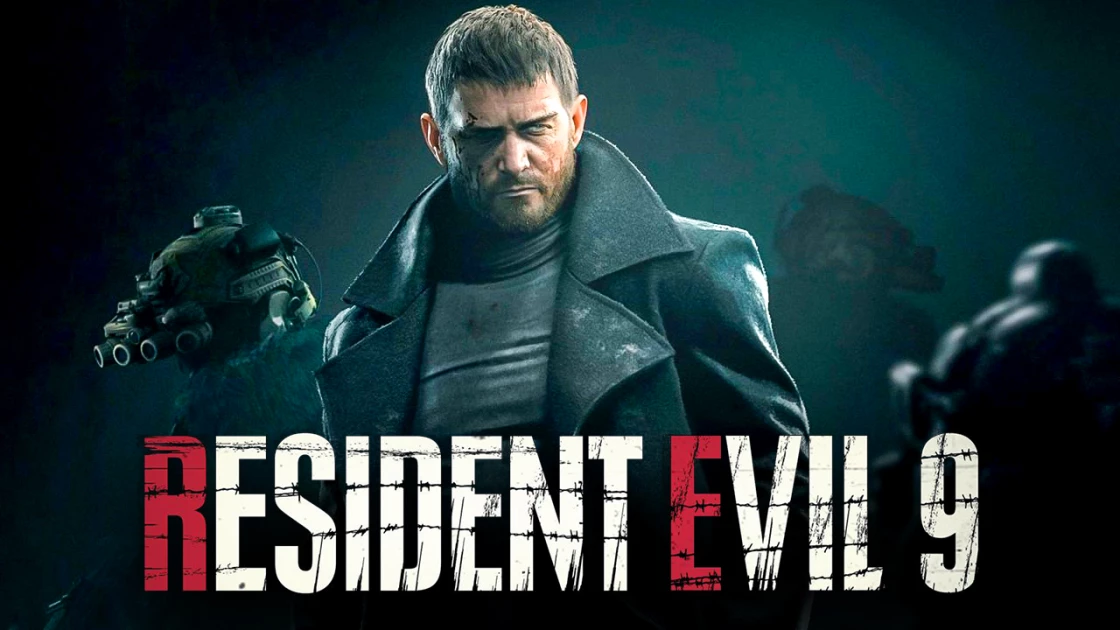
365 days have passed since the day Putin decided to invade Ukraine, allegedly Donbass.
It was February 24, 2022 when the war started Ukraine. The day before, the Russian president in his speech announced the start of a “special military operation” – the mobilization of 300 thousand soldiers who were stationed on the border between the two countries – in order to be able to liberate Donbass, as he characteristically said.
At the time the attacks on Charles Michel began, According to an interview with Politico, He received a phone call from Zelensky alerting him that the attacks had just begun. “Zelinski woke me up,” Michel said. It was about three in the morning. The Ukrainian president told Michel that “the offensive has begun and that it was a large-scale invasion.” Michel then pinged the phone, speaking to prime ministers across the EU all night.
It’s five in the morning, European Union foreign policy chief Josep Borrell is in his office. Three hours later, he was standing next to European Commission President Ursula von der Leyen as the duo issued the EU’s first major public statement on the impulsive war.
Russia is isolated a year after the invasion
The war in Ukraine is now in its second year, with Russia cut off from the United Nations in a vote calling for its forces to withdraw, while G7 leaders prepare to provide more aid to Ukraine. As fighting rages in eastern and southern Ukraine, its allies around the world show their support on the first anniversary of Russia’s invasion.
The United Nations General Assembly overwhelmingly approved a resolution on Thursday marking the anniversary of the war and demanding Russia withdraw and stop the fighting. This resolution was approved by 141 votes in favour, with 32 abstentions. Six countries joined Russia in voting “no” – Belarus, North Korea, Eritrea, Mali, Nicaragua and Syria.
On the other hand, China, as an ally of Russia, abstained from voting in the United Nations. Russia’s deputy ambassador to the United Nations, Dmitry Polyansky, dismissed the UN action as “unhelpful”. Ukrainian President Volodymyr Zelensky welcomed the vote. “This decision is a strong message of unwavering global support for Ukraine,” he said in a tweet.
Penalties
A characteristic feature of the conflict between Ukraine and Russia is the sanctions that the Europeans hastily imposed on Russia, with the aim of forcing Putin to stop the war, but it seems that the Russian president was well prepared, except, of course, for massiveness. mistake. His theory is that Ukraine will fall quickly.
In all, the EU has imposed ten sanctions packages of its own, and is in discussions on another. The only package that hit the Russian economy was the one containing the gas and oil cap.
Russia’s economy shrank by just 2.2% last year. The unemployment rate, according to dubious official figures, is 3.7%. The manufacturing sector was able to grow exponentially, even as the automotive and electronics industries took a hit. The excellent harvest led to the development of the agricultural sector. The International Monetary Fund now expects Russia in 2023 and 2024 to grow faster than the UK.
According to PoliticoRussia has suffered more than 11,000 punishments since it invaded Ukraine, making it the most punished country in the world.
The leading countries in sanctions in the world
What countries imposed sanctions on Russia
Types of sanctions against Russia declared or implemented in the European Union, the United Kingdom and the United States of America
What explains the resilience of the Russian economy?
The astonishing resilience of the Russian economy is due not primarily to the professionalism of central bank officials or the problems that have arisen in implementing sanctions, but instead to a clear structural flaw in the sanctions: Europe’s dependence on oil and natural gas exports, and Russian gas is the source of 40% of Russia’s budget revenue. .
“Not banning Russian exports early on resulted in trade surpluses and record high budgets that gave Putin’s regime a huge economic cushion, enough to sustain the war for several months,” said Oleg Ichoki, a Russian-American economist.
Only Putin’s imports were boycotted, while his exports continued. As a result, Russia’s automotive and electronics industries have collapsed, but oil and gas exports have not collapsed.
Various groups of Western economists tried in March and April to convince German politicians that cutting off Russian energy supplies would not lead to the collapse of the German economy.
However, the EU could only disengage from Russian energy as quickly as Germany, the economy most vulnerable to Putin’s energy blackmail, was willing to put up with it. The Guardian explains.
Trench warfare
The war, which Russia calls a “special military operation” to protect its sovereignty, has descended into a war of attrition from the trenches, with casualties mounting on both sides, particularly this year in the fighting in and around the eastern city of Bakhmut. Some American and Western officials put Russian losses at 200,000 killed and wounded, while the senior American general said in November that more than 100,000 soldiers on each side had been killed or wounded.
Millions of Ukrainians fled their country and tens of thousands of civilians were killed. The village of Bucha in the north near Kiev, where mass graves have been discovered, and the bombed southern city of Mariupol, have become symbols of what Ukraine and its allies describe as Russian brutality. Ukraine and the West accuse Russia of war crimes, but it denies targeting civilians.
Beyond military campaigns, the war has damaged the global economy and the coldness of the Cold War has affected international relations, with Putin raising the specter of nuclear weapons and signaling his desire to multiply the conflict, which has imposed harsh Western sanctions. With Zelensky insisting on his country’s sovereignty and Moscow withdrawing, prospects for peace appear bleak.
We do not know when the war will end. “What we do know is that when the war is over we must ensure that history does not repeat itself,” NATO Secretary-General Jens Stoltenberg told Reuters on Thursday. “We must make sure that the cycle of Russian aggression is broken. We must prevent Russia from destroying European security,” he added.
Western support for Zelensky – China’s “peaceful” position
The White House said that US President Joe Biden will meet virtually on Friday with G7 leaders and Zelensky to mark the anniversary and announce new sanctions against those aiding Russia’s war effort. White House National Security Adviser Jake Sullivan said the United States would provide an additional $2 billion in security assistance.
On the other hand, Xi Jinping is expected to deliver a “peace speech” on Friday, although some analysts questioned whether China’s efforts to act as a peacemaker will outpace the speech. China’s foreign ministry said in a position paper on Friday that dialogue and negotiation are the only effective ways to resolve the conflict.
“Conflict and war do not benefit anyone. All parties should be rational and exercise restraint, avoid igniting and exacerbating tension, and prevent the crisis from worsening or even spiraling out of control,” the ministry said. Echoing the Kremlin’s increasingly aggressive tone, Russian Defense Minister Sergei Shoigu on Thursday described the war as an existential struggle against a hostile West.
Escalating tensions further, Putin announced plans on Thursday to deploy Sarmat intercontinental ballistic missiles this year. This week, he suspended Russia’s participation with the United States in the New START, or Strategic Arms Reduction Treaty, on nuclear arms control.
Finally, Russia has begun to focus more on capturing the Donetsk and Luhansk regions in eastern Ukraine, which together form the industrial region known as Donbass near the Russian border.

“Hipster-friendly coffee fanatic. Subtly charming bacon advocate. Friend of animals everywhere.”




More Stories
Kate Middleton and Prince William are 'going through hell,' says partner.
The Pope's doctors perform surgery on Kate Middleton – new scenarios
The second suspicious death linked to the Boeing scandal